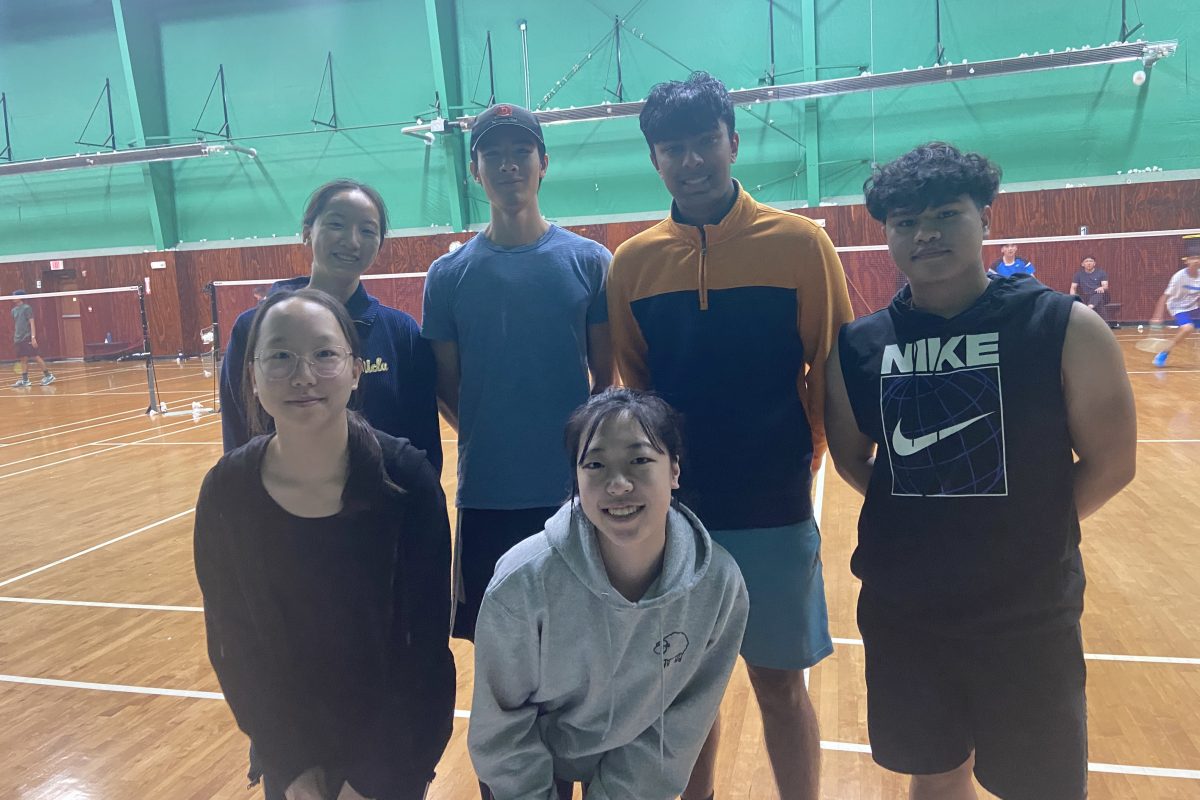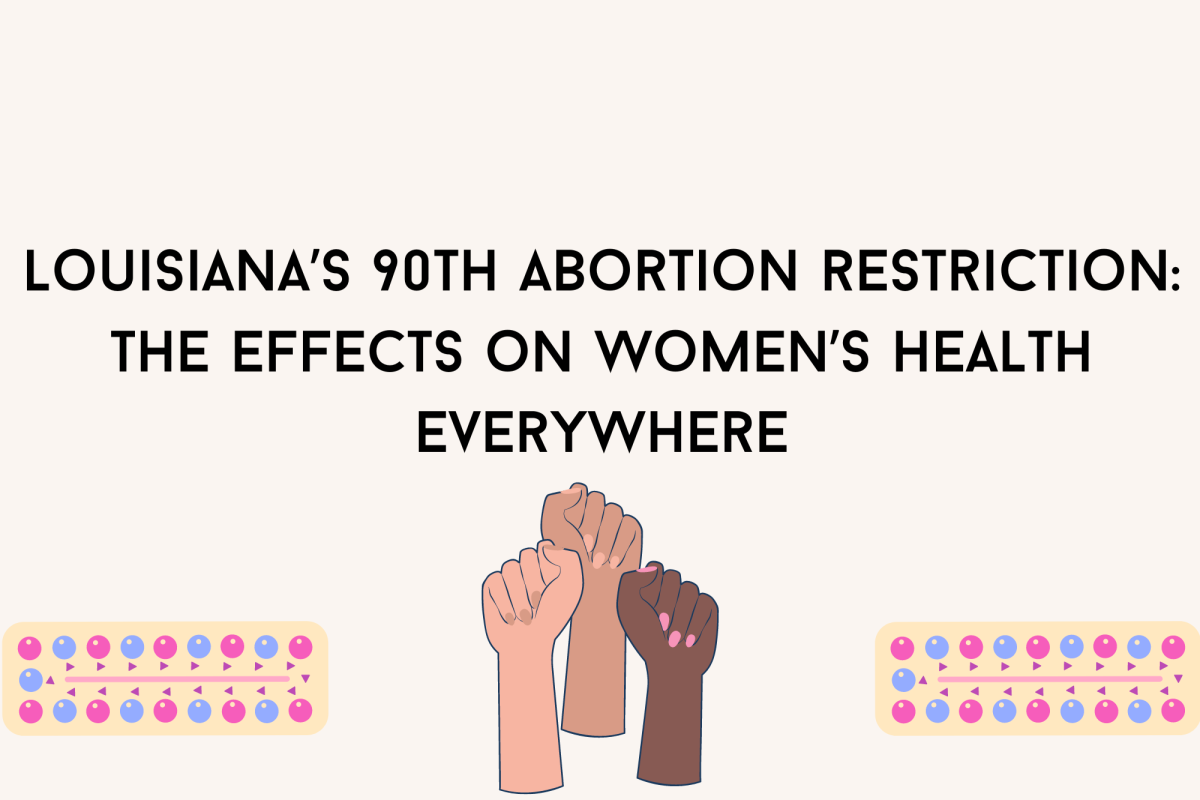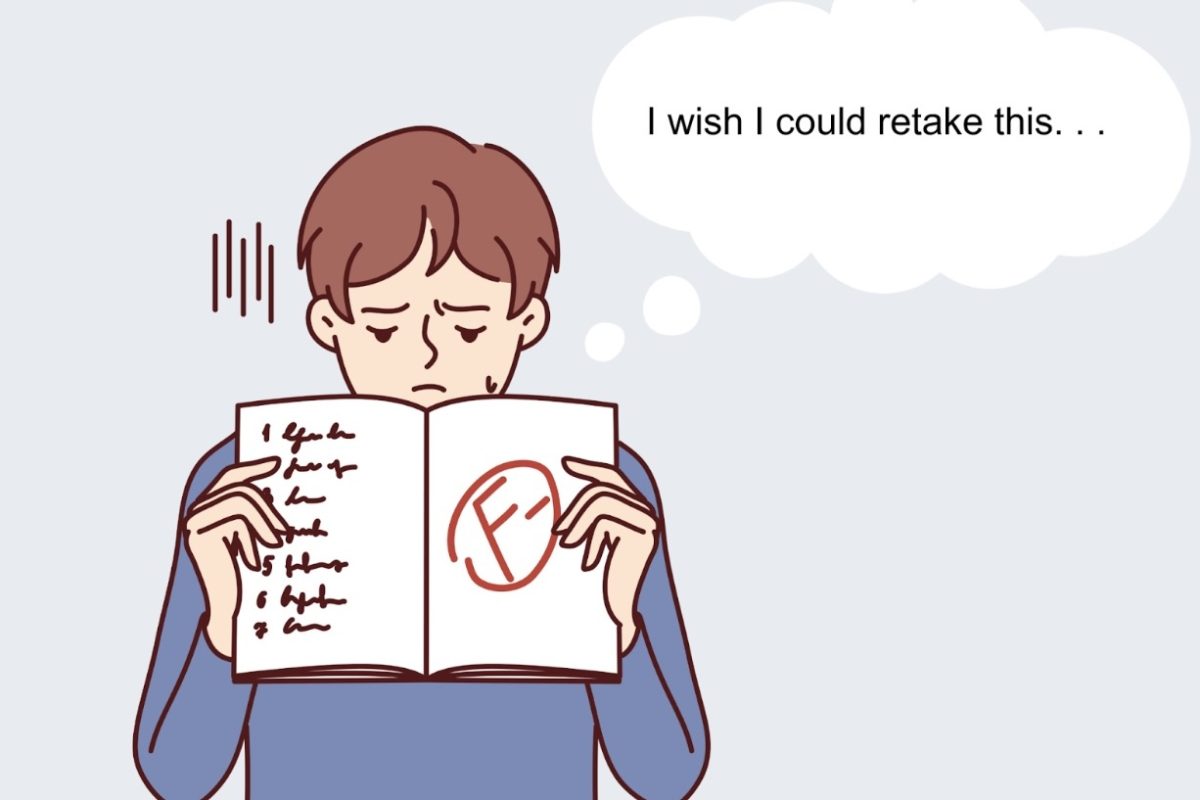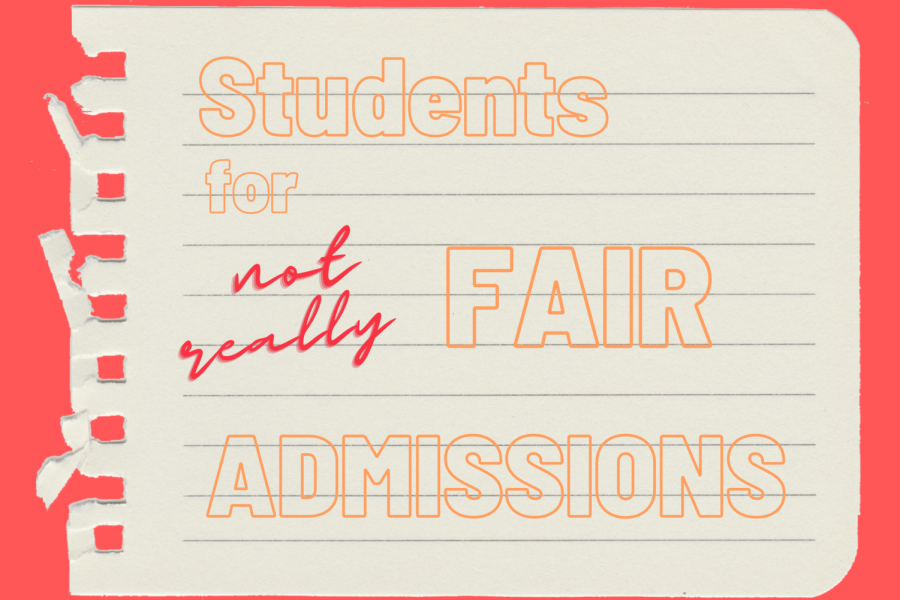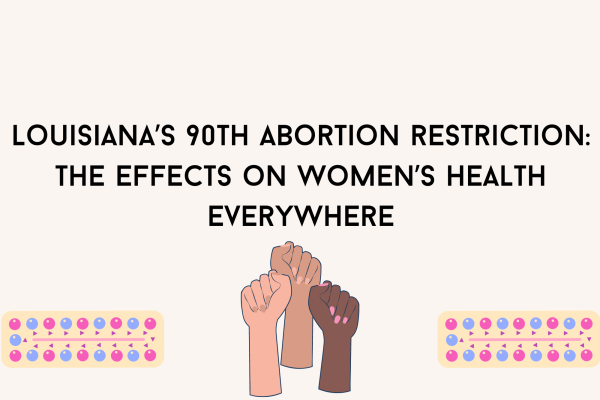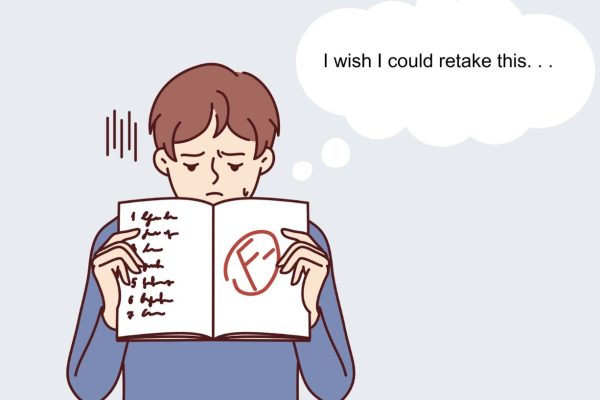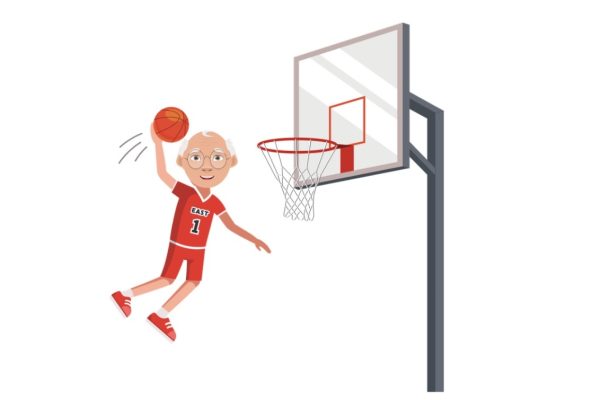Upon further reflection: The future of affirmative action
Credit: Reva Datar
WSPN’s Reva Datar discusses the ramifications of ending affirmative action in higher education.
March 13, 2023
Several months ago, I was interviewed for a GBH story on the recent Students for Fair Admissions (S.F.F.A.) cases at the Supreme Court. After being interviewed for the story and following the developments of the cases, I’ve realized that my experiences as an Indian student in America are part of a much larger narrative in this country. It’s been over four months since that interview, and I have a lot more to say.
So, what are the S.F.F.A. cases? There are two lawsuits that have been filed against Harvard University and the University of North Carolina at Chapel Hill by the S.F.F.A. These cases were co-founded by white, conservative, legal strategist Edward Blum. The lawsuits allege the universities of unfairly admitting students on the basis of race. In other words, the plaintiff is suggesting that universities stop considering a student’s race in their admittance processes, which would effectively end affirmative action.
Blum has been at this for a while now. His past attempts to get rid of affirmative action have been unsuccessful, however, this could change with the six-to-three conservative majority in the Supreme Court, given that they just overturned Roe v. Wade in June 2022.
If the Supreme Court votes in favor of S.F.F.A., black and brown students will be directly affected by this decision, as they are beneficiaries of affirmative action. Since Blum doesn’t propose a solution to discrimination against Asian Americans in the college acceptance process, Asian American students won’t benefit from striking down affirmative action. As always, the group that will gain the most from a system that ignores race all together are white students. Despite this, numerous Asian American students have sided with Blum on this issue, and that’s problematic.
I don’t blame the Asian students and families that agree with getting rid of race-based admissions. After all, many Asians in America have lived their lives being underappreciated for their achievements.
As an Indian, I’ve experienced that myself. Many people that don’t know me assume that I am a hard-working and smart, yet a submissive student. You might take a look at me and think that I am unathletic, obsessed with my grades and always striving for perfection.
Such expectations and ideas of Asians come from the model minority myth, which is a complex issue in itself. Basically, since Asians are held to such a high standard in terms of work ethic and intelligence, our achievements are normalized and simply seen as conforming to an expectation. So, it’s understandable that there are Asians who want an admissions process that doesn’t factor in race, because it could hypothetically mean that their achievements are attributed solely to their hard work, and not their race.
I wish it were that simple, but it’s not. This issue is complicated and sensitive, and it’s hard to take a side on this debate without hurting others.
You would think that academic institutions accept students based on academic merit, for example, SAT scores, AP class scores and GPAs. That’s usually the case, but there isn’t a certain score or number that you get and then, you’re into college. There are communities in America where schools receive less funding than others. A “smart” student could go to a school in a community that is not as economically affluent as a rich suburb, and the student might not be able to showcase their academic drive. Due to America’s history of systemic racism, more black and brown students make up schools that are underfunded and under-resourced, while white students make up the majority of well funded schools, followed by Asians.
So, when admissions officers put an application of a black student from an underfunded school next to the application of an Asian student from a well-funded school, of course there will be differences. Those differences aren’t going to be because black and brown students are inherently less intelligent than their Asian and white counterparts, this is simply not true. It’s because black and brown students aren’t given the same opportunities to begin with. It’s like running a race with different starting lines and the same finish line.
When college admissions officers ignore these very real privileges in this systemically racist society while admitting students, doesn’t that make them racist? Rejecting students with lower standardized test scores without considering their circumstances is just taking away opportunities from them and possibly expanding the gap of racial inequality in America further. Affirmative action has provided opportunities to deserving students, and taking that away is a step backwards.
Another extremely important fact about the affirmative action cases is that they pit one minority group against another.
At the end of the day, Asians don’t want their achievements diminished because of their race, and black and brown students want the equal opportunity to achieve. The two groups aren’t all that different, yet they are perceived so. Blum uses this to his advantage to hide that no group of people of color stand to gain much from this case.
For me, this issue hits close to home. While my parents aren’t overbearing at all, a lot of my expectations come from my own drive, and stereotypes that I feel are projected onto me.
My Indian heritage might drive several aspects of my life, and I might endure certain stereotypes that further contribute to my actions. However, my race-based experiences aren’t worse than other people of color’s. While I might be subject to certain forms of oppression as an Indian girl, I don’t believe I can relieve myself of these stereotypes by taking away from another oppressed group. Not when power stays at the top, in the hands of strategists like Blum.
Affirmative action is a complicated issue, but take the time to understand it, because you and the people around you are very much affected by these decisions made by the government. Take the time to understand how different groups of people may be touched by this decision, because that’s the first step towards progress.


![On Monday, June 10, the annual Underclassmen Awards ceremony took place inside of WHSs auditorium.
I think that these awards bring motivation to [WHS] students to preform well academically, Sophomore Rufat Hasanov said.](https://waylandstudentpress.com/wp-content/uploads/2024/06/IMG_0474-1200x800.jpg)












![The Wayland residents who volunteer to coach baseball try to make the environment fun and uplifting for players. “[I try] to build the kids up,” Co-Commissioner and coach for a Minors team Alex Ahmed said. “If someone strikes out, you encourage them, [and] say that [they] get another chance, [or they] could try again next time.”](https://waylandstudentpress.com/wp-content/uploads/2024/06/unnamed-1200x801.png)

